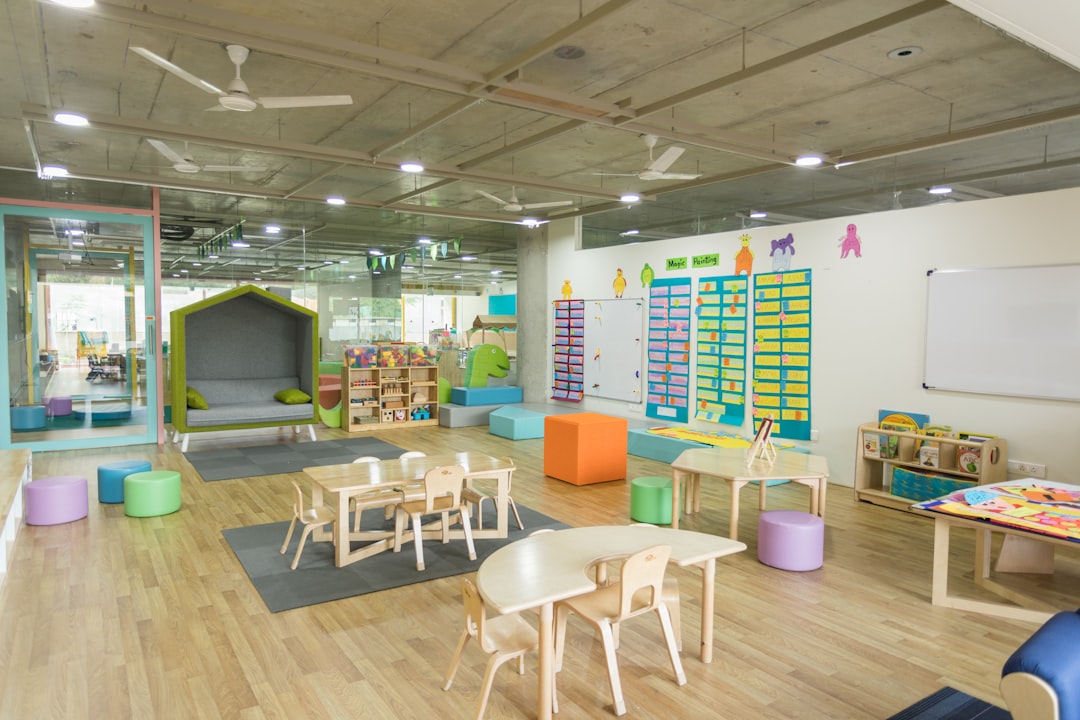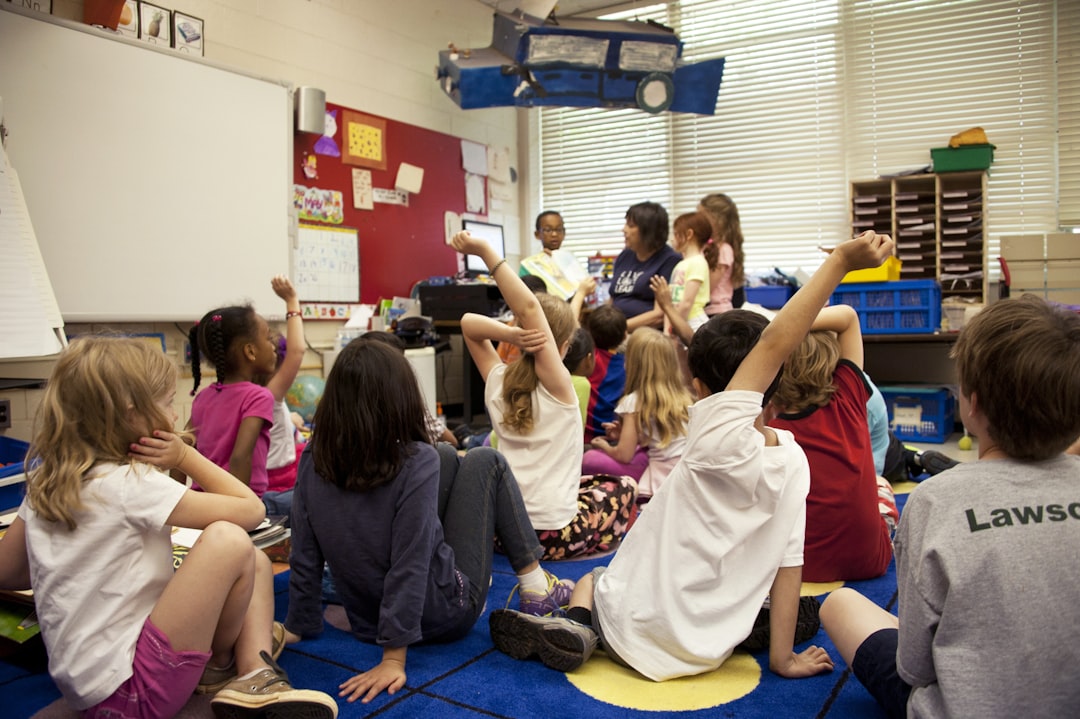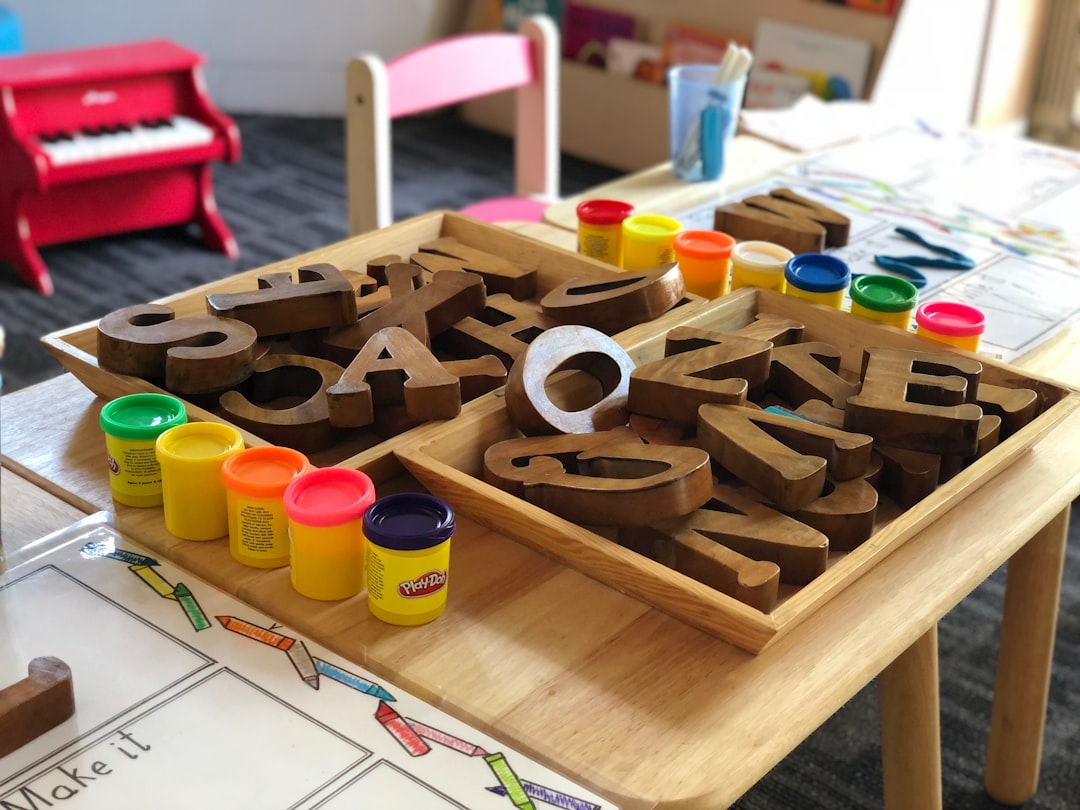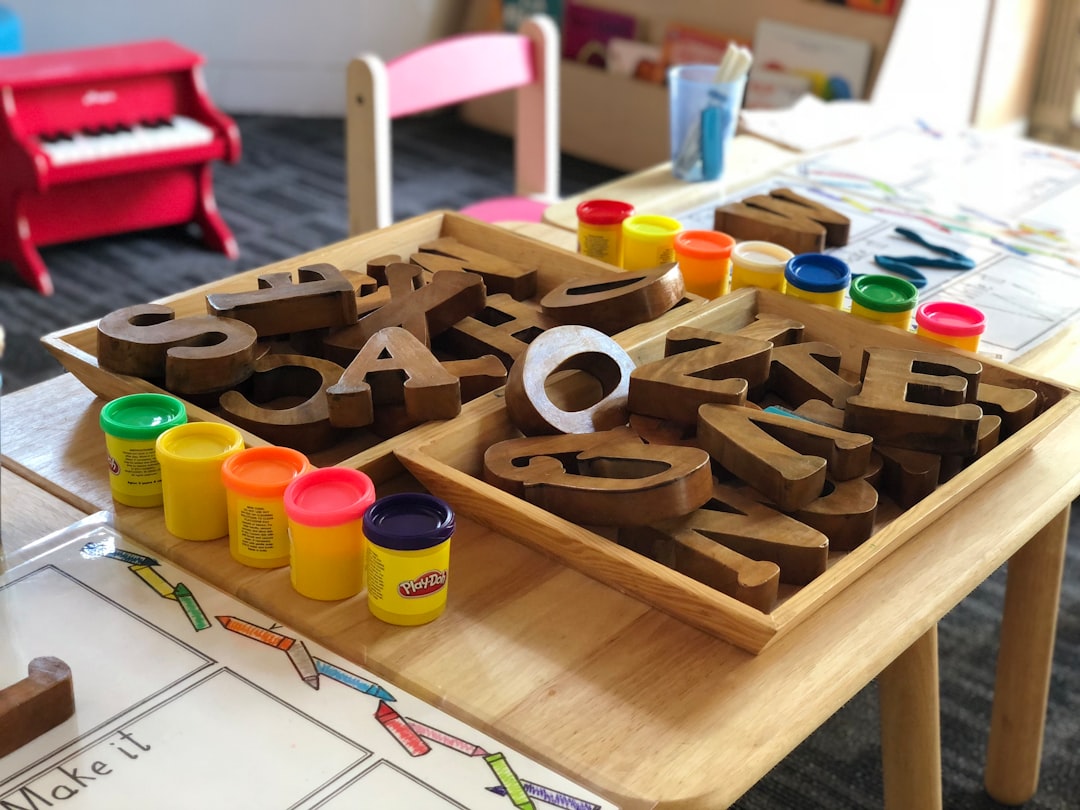Parents play a crucial role in safeguarding children against sexual abuse in Missouri's educational and daycare settings. Staying informed, recognizing red flags, and actively participating in school safety initiatives are essential. Collaborating with schools and consulting a specialized daycare lawyer for Sex Abuse Missouri empowers parents to advocate for their children's well-being and ensures legal compliance. Effective communication, open dialogue, and shared partnerships between schools and parents are vital for creating safe environments, with legal guidance ensuring institutions meet mandated safety standards.
In Missouri, ensuring child safety in schools and daycares is paramount. Effective partnerships between educational institutions and parents play a crucial role in fostering secure environments. This article delves into exploring strategies that schools can employ to engage parents, promote safe practices, and prevent sexual abuse. From understanding parental responsibilities to building trust through open communication, we examine legal considerations and collaborative protocols. Additionally, it highlights empowering parents with resources and education, aiming to create a safer, more informed community, assisted by expert insights from daycare lawyers.
Understanding Parental Roles in Child Safety

Parents play a pivotal role in ensuring the safety and well-being of their children, especially within educational facilities like schools and daycare centers. Their involvement is crucial in creating a secure environment that protects against potential risks, including sexual abuse. As a responsible parent, staying informed about policies, procedures, and potential red flags is essential.
In Missouri, where legal protections for victims of sex abuse are stringent, parents must be empowered to advocate for their children’s safety. This includes understanding their rights, recognizing signs of abuse or neglect, and actively participating in school-based safety initiatives. Collaborating with schools and seeking guidance from legal experts specializing in daycare litigation can help parents navigate their responsibilities and hold institutions accountable for maintaining secure settings.
Building Trust: Communication Strategies for Schools

Effective communication is key when building a partnership between schools and parents, especially when addressing sensitive topics like sex abuse prevention. A dedicated and transparent approach can foster trust, ensuring that both parties are aligned in their efforts to create a safe environment for children. Schools should implement clear channels of communication, such as regular newsletters or parent-teacher conferences, to keep parents informed about safety protocols and any relevant training sessions.
Engaging with parents through open dialogue allows schools to understand individual concerns and tailor their strategies accordingly. A daycare lawyer in Missouri can provide valuable guidance on best practices for sharing information while adhering to legal requirements. By fostering an environment of trust and collaboration, schools can encourage parents to actively participate in promoting safe practices, ultimately contributing to the overall well-being of the entire community.
Legal Aspects: Protecting Children, Engaging Parents

When it comes to safeguarding children in schools and daycare facilities, legal aspects play a pivotal role in ensuring protection. In Missouri, engaging parents is not just a best practice; it’s a legal requirement when it involves addressing sensitive issues like sexual abuse prevention. Schools must foster an environment of transparency and collaboration with parents to meet this crucial obligation.
A dedicated daycare lawyer for sex abuse in Missouri can guide institutions on implementing robust policies and training programs that educate both staff and parents about recognizing and reporting potential abusive situations. By empowering parents with knowledge, schools can create a supportive network where concerns are promptly addressed. This collaborative approach not only reinforces legal duties but also cultivates a community committed to the well-being of every child.
Creating Collaborative Safety Protocols

Schools and parents share a collective responsibility to ensure the safety and well-being of children within their care. Collaboratively developing and implementing safety protocols can significantly enhance security measures across all area facilities, including daycares. By joining forces, schools and parents can create comprehensive guidelines that address various aspects of child protection, such as emergency procedures, stranger danger education, and reporting mechanisms for suspicious activities or potential abuse.
A daycare lawyer in Missouri can play a vital role in facilitating this partnership by providing legal expertise on best practices and regulatory compliance. They can help establish clear protocols for handling incidents involving sexual abuse, ensuring that both schools and parents are equipped with the knowledge and resources necessary to protect children effectively. This collaborative approach fosters a safer environment, empowers individuals to take proactive measures, and ultimately strengthens the protective network surrounding area facilities.
Empowering Parents: Resources and Education

Empowering parents plays a pivotal role in fostering safe practices within schools and daycare facilities. It starts with providing them with comprehensive resources and education on child safety, particularly regarding sexual abuse prevention. Many organizations offer guidance and tools tailored for parents, such as workshops, online courses, and handbooks, to help them identify signs of abuse, understand consent, and teach their children about personal boundaries.
Additionally, connecting families with legal support, like a daycare lawyer in Missouri, equips them with knowledge of their rights and responsibilities. These professionals can guide parents on reporting suspicious activities, understanding school policies, and navigating potential legal actions to ensure the safety and well-being of their children in areas under institutional care.




